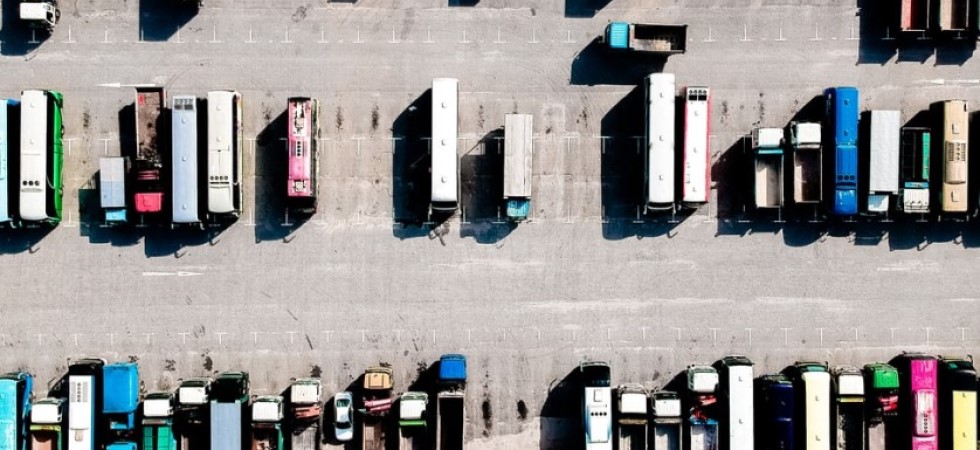Almost a third (31%) of haulage companies say they are having to avoid working with the food and drinks industry, due to Brexit-related, increased checks and admin on certain products.
A survey by Haulage Exchange has found that the demand for the transport of goods has surged by up to 120% in 2021. The report revealed that the situation is being exacerbated by huge spikes in UK demand for haulage, at a time when there’s a deficit of up to 100,000 drivers due to Brexit, Covid-19 and other factors.
In the three months from March to May 2021, the uplift in demand for haulage was more than twice what it was for the same period in 2019. In April 2021, demand was 120% stronger than in April 2019.
To tackle these issues, the government has announced a campaign to recruit additional vocation driving instructors. They have also promised new training schemes, improved working conditions and relaxing testing rules for lorry and van drivers.
Haulage Exchange reported that these support measures have been met with concerns from industry leaders, who believe it will be months before they take effect.
The current issues being experienced across the UK are particularly difficult to navigate for the food and drinks industry, who must deal with the risk of products rotting if disrupted by delays. In addition, the wider economy is beginning to feel the knock-on effects of these industry-specific issues with gaps on shelves, cost hikes and local hospitality closures such as Nando’s.
“A disproportionate impact”
According to the Food and Drink Federation, 97% of food and drinks businesses are small to medium-sized enterprises (SMEs) and Brexit changes are disproportionately impacting SMEs in the UK, some of whom rely upon haulage for day-to-day operations.
The study found that haulage companies and SMEs are doing much less business together since the Brexit transition on 1 January 2021.
• 63% of hauliers do less export business (UK to EU) with SME companies
• 56% of hauliers do less import business (EU to UK) with SME companies
This is twice the impact felt by multinationals (with more than 1,000+ employees): 38% of hauliers do less business exporting from the UK and 25% less business importing into the UK.
Alternative routes
Hauliers are experiencing longer waits at the border since Brexit: 81% say they have been affected. To counteract this, some firms are exploring alternative routes into the EU, with these longer journeys impacting half of all hauliers surveyed. There is also more admin to complete before crossing the border, with 69% of companies experiencing this issue.
Some 56% of hauliers say business has been affected by fewer exports going to the EU, while half say their operations have been impacted by fewer imports coming in.









